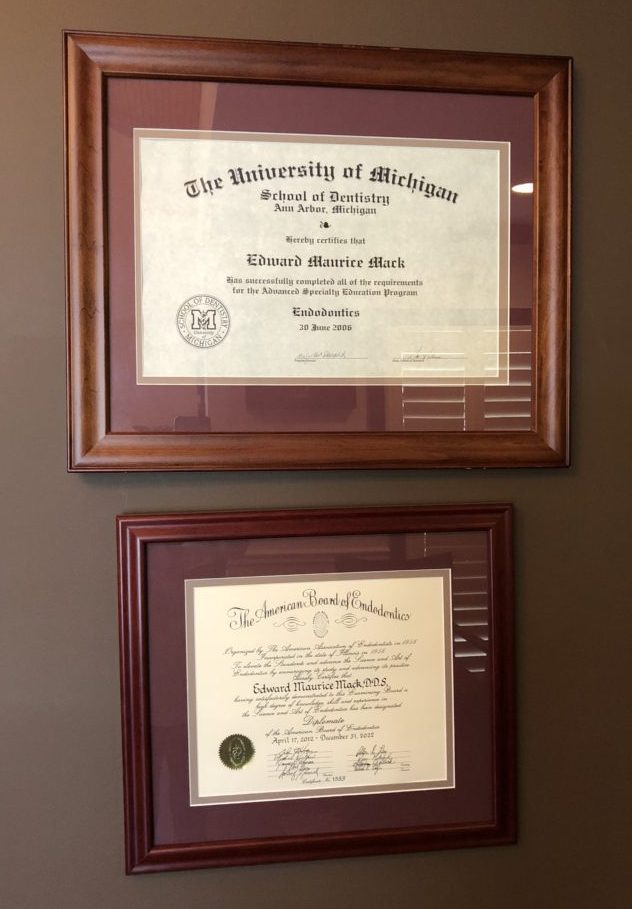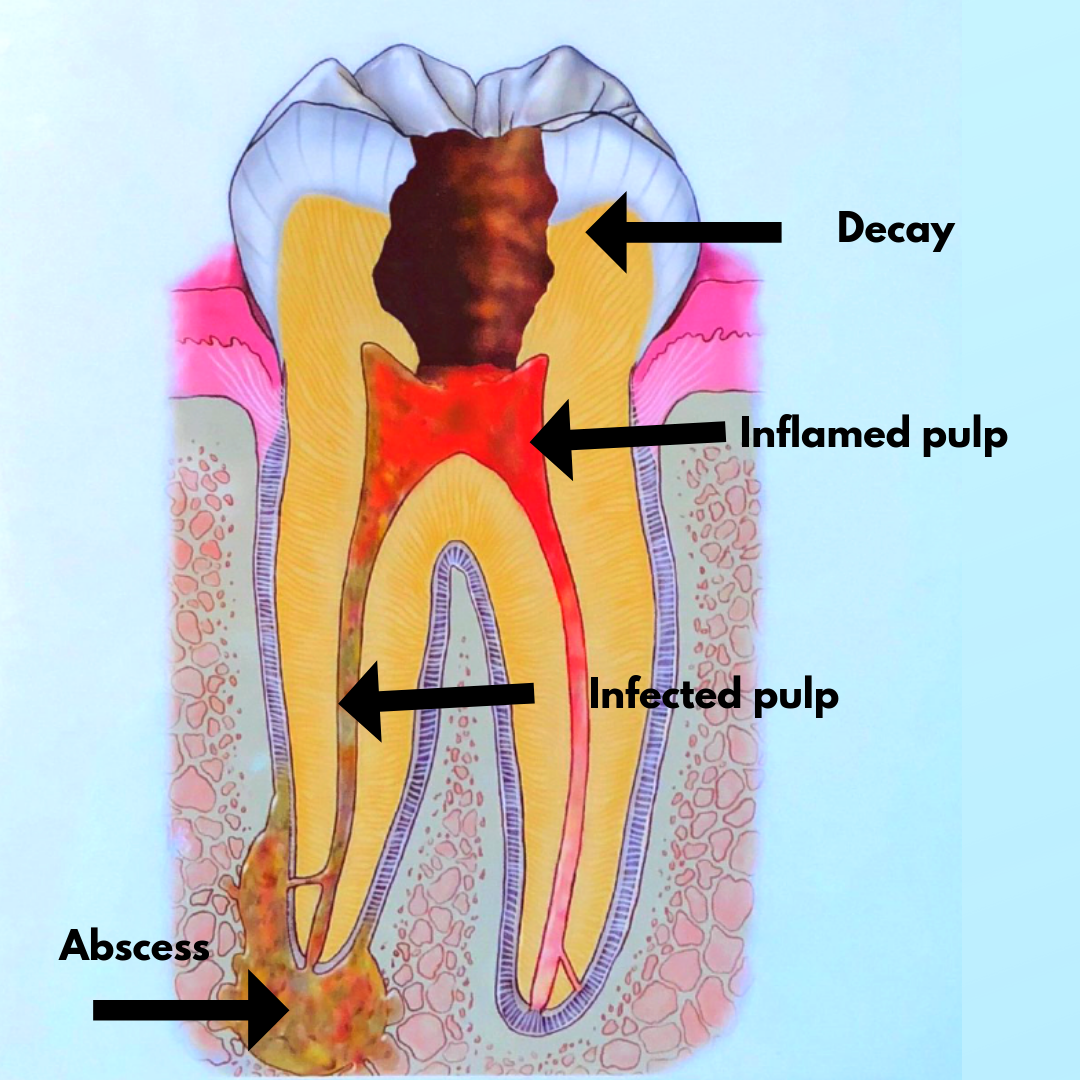For Patients
Appointments
Please arrive 15 minutes early to fill out paperwork.
We strive to see patients at their reserved time. However, we are a medical facility and occasionally circumstances arise that require us to spend more time with a patient. We will always give you the same care and understanding.
Patients arriving 15 minutes late may be asked to reschedule as a courtesy to the following patients. Short notice cancellations hinder us from providing care to others and delay you from obtaining the care that you need.
If you do find that you must reschedule, please give our office as much notice as possible. We do require at least 24 hours notice for appointments under 2 hours, and 48 hours for longer appointments. Please call the office and leave a message if you have to call after the business hours to reschedule or cancel an appointment.
Please honor time commitments with us to avoid a broken appointment charge of $35.00.
Payment
Our mission is to provide you with optimal dental care regardless of insurance coverage. At the onset of each visit, patients should be prepared to pay in full or for those with insurance, their deductible and estimated co-payment. Financial questions should be addressed prior to start of treatment.
To our patients with insurance:
We allow 45 days for insurance to cover its portion, and our office DOES NOT guarantee payment by your insurance company. If your insurance claim is denied, or it is not paid as estimate the balance becomes the patient’s responsibility. Accounts referred to our outside collection agency will be assessed an additional amount of 35% of the overdue balance. In the event any type of collection procedures become necessary, you will be responsible for any collection, legal or attorney fees incurred for you or, if applicable, your dependents.
If your insurance company pays more than the estimated amount, a refund check from this office will be mailed to you within 30 days from the date payment is received by our office.
This office accepts cash, MasterCard, Visa, Discover, or CareCredit as methods of payments. We do not accept checks.

Patient Registration
You may preregister with our office by filling out our secure online Patient Registration Form. After you have completed the form, please make sure to press the Complete and Send button at the bottom to automatically send us your information. The security and privacy of your personal data is one of our primary concerns and we have taken every precaution to protect it.
Procedures
Endodontists are dentists with special training in endodontic procedures. They provide only endodontic services in their practices because they are specialists. “Endo” is the Greek word for “inside” and “odont” is Greek for tooth. Endodontic treatment treats the inside of the tooth. All dentists are trained in diagnosis and endodontic therapy, however, some teeth can be especially difficult to diagnose and treat. That is why you may have been referred to an endodontic specialist.
To become a specialist, they complete dental school and an additional two or more years of advanced training in endodontics. They perform routine as well as difficult and very complex endodontic procedures, including endodontic surgery. Endodontists are also experienced at finding the cause of oral and facial pain that has been difficult to diagnose. For these reasons, many dentists choose to refer their patients to endodontists.
Diagnose and Treat Pain
Oral pain such as toothaches or cracked/fractured teeth can often be difficult to pinpoint. Because of the vast network of nerves in the mouth, the pain of a damaged or diseased tooth is often felt in another tooth and/or in the head, neck, or ear. An endodontist is a specialist in diagnosing and treating this type of pain.
Treat Traumatic Injuries
Pulp damage is sometimes caused by a blow to the mouth, and the endodontist specializes in treating these traumatic injuries. For example, a blow to a child’s permanent tooth that is not fully developed can cause the root to stop growing. A procedure called apexification stimulates bone to be deposited at the end of the root which makes it possible to then save the tooth through a root canal procedure. An endodontist is specially trained in procedures for replanting teeth that have been knocked out of their socket.
Re-treatment
Occasionally, a tooth that has undergone endodontic treatment fails to heal or pain continues despite therapy. Although rare, sometimes a tooth initially responds to root canal therapy but becomes painful or diseased months or years later. When either of these situations occur, the tooth can often be maintained with a second endodontic treatment.
Surgical Treatment
Sometimes, previous endodontic treatment or pretreatment to a tooth may fail to heal. The most common surgical endodontic treatment is called an apicoectomy. This procedure is performed when an endodontist opens the gum tissue to expose the underlying bone and remove any infected or inflamed tissue along with a portion of the root. Then a small filling may be placed to seal the end of the root, and the gum tissue can be sutured back in place. Over a period of time, the bone can heal back around the end of the root. Other surgeries may include treating damaged roots or perforations. Your endodontist will be happy to discuss the specific type of surgery designed to help save your tooth and your chances for success so that you can make an informed decision.


